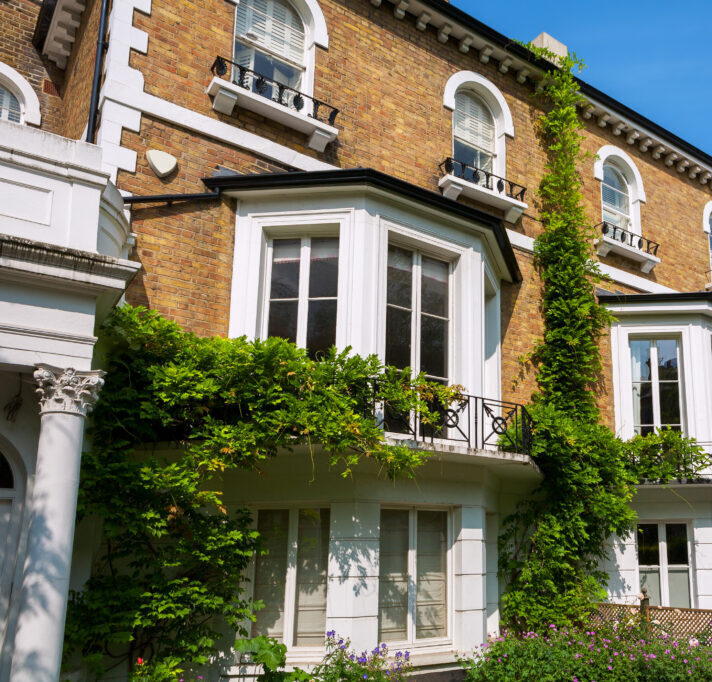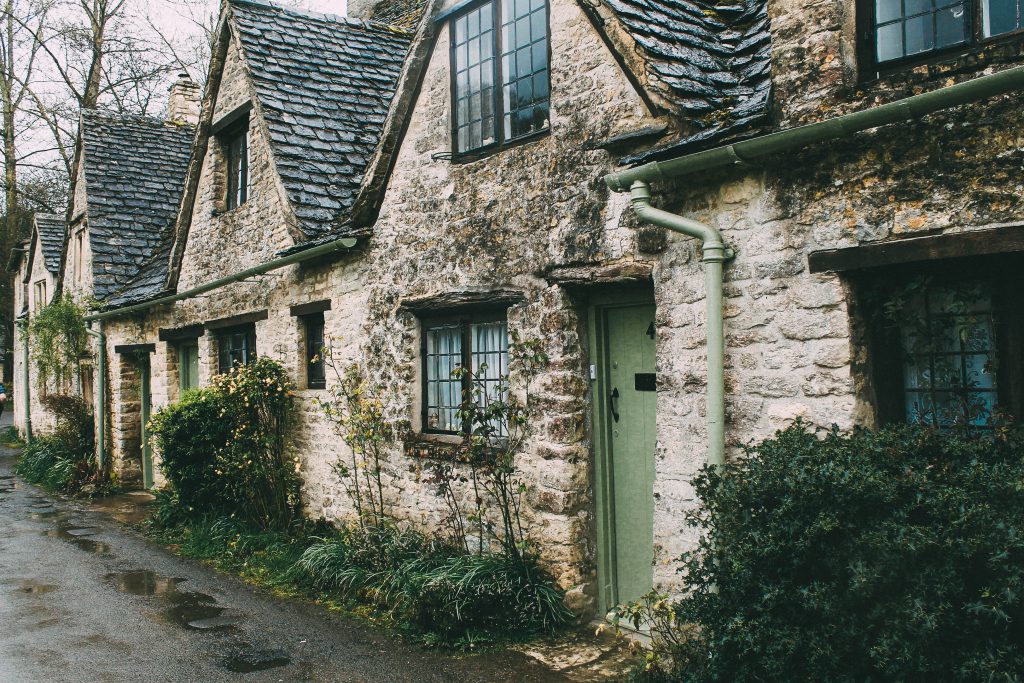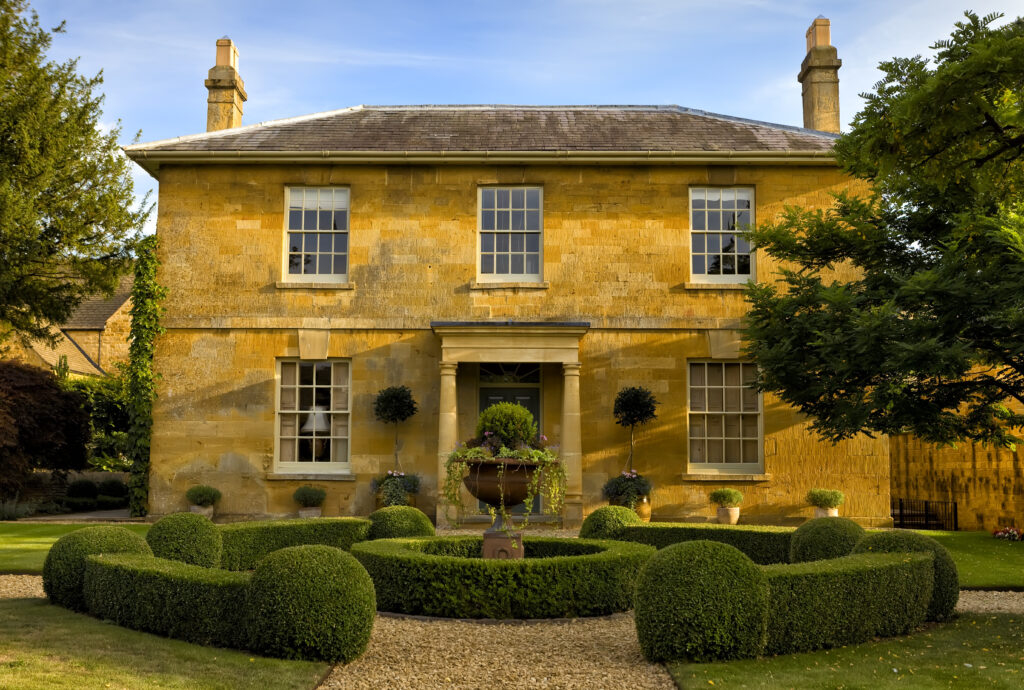More information
About our RICS Level 3 Building Survey
We provide building surveys throughout Wiltshire, Hampshire, Dorset, Bath and Somerset, Berkshire, Surrey, Oxfordshire & further afield.
The RICS Level 3 Building Survey is the most comprehensive report of its kind, providing an in-depth analysis of a property’s condition. The report also gives advice on any defects found, repairs and maintenance options. All surveys with Smith Heritage Surveyors are carried out by highly qualified, local and experienced surveyors.
RICS Building Surveys are suitable for older, pre-1930s properties or larger, unusual or altered buildings or those of non standard construction. You should also have a full Building Survey if you are planning any major work for your property.

Exceptional Standards
What’s included in a RICS Level 3 Building Survey?
- Jargin free and clear report with clear findings and recommendations
- High-level inspection of the roof structure, chimneys and rainwater goods using telescopic pole camera or drone
- Visual inspection of all internal and external building elements, including walls and ceilings, roof and guttering, doors and windows
- Assessment of structural problems such as subsidence, damp issues and timber decay, including woodworm and rot
- Where possible, indicative costs to help understand the value of works required
- Advice regarding guarantees, planning and building control issues, disputes etc, to be followed up by your conveyancer
- Full report emailed via PDF within five working days. Hard copy available for additional cost
- Talk to your surveyor on the day of inspection with a follow up phone call to explain their findings. You will also have ongoing access via email and telephone to ask any follow up questions

Make an Informed Decision
Book a RICS Building Survey
Smith Heritage Surveyors carry out RICS Building Surveys for properties of all ages, shapes and sizes across Wiltshire, Dorset, Hampshire and the South. Our team are the best at what they do, with years of experience and numerous qualifications from industry-leading bodies under their belts.
Get your project started and book your RICS Level 3 Building Survey with Smith Heritage Surveyors today.
Findings on a Recent Survey
RICS level 3 Building Survey in Salisbury Case Study
Smith Heritage Surveyors were instructed to undertake a RICS Level 3 Building Survey of this 19th Century Property in Salisbury, Wiltshire. The property was of traditional construction, meaning a solid wall building, bed and pointed in earth lime mortars. All of our surveys follow a methodical approach in line with RICS and RPSA survey standards. This ensures no area is missed and that the surveys and reports are clear in our assessment and outcome.
Using a telescopic pole camera and a drone, we carried out a thorough survey of the roof, chimney and rainwater goods. Using this high-level equipment showed the need for extensive roof repairs, that would not have been visible from ground level alone. The roof was pitched and covered with slate tiles, many of which had become loose, slipped and/ or cracked. We then inspected the roof space where it became evident that the underside of the roof was suffering from sick nail syndrome, highlighting that the roof would need replacing in the short term. We were able to put our clients in contact with a local roofing company who we had worked with recently to provide a quote prior to exchange. The cost for a new roof and scaffold was over £50,000.00. A significant cost for works needed on the building, that would have been missed without a building survey.
Our client used the survey findings to negotiate a substantial reduction in the property price. After the sale had gone through, we were asked to assist with the re-roofing work to ensure that the project was completed to a high standard.
We never book more than one survey a day to ensure that we are totally focused on your house survey. This means that often we spend twice the amount of time as other surveyors at the property, identifying defects, looking for the cause and establishing how much damage has occurred. This enables us to fully understand and investigate issues during our inspections. We also encourage purchasers to visit the property with us on the day of inspection to receive a full understanding of the defects noted and to ask any questions. We believe in setting high standards and giving our clients a complete survey service.

Buying a traditional property: Key elements to consider
A Full Guide to Your House Purchase
- Structural elements: such as walls, roofs, foundations, and floors, are inspected for signs of damage, movement, or decay.
- Building materials: including brickwork, masonry, timber and roof coverings, and insulation.
- Services: such as plumbing, heating, electrical and drainage systems are checked for compliance with current regulations and for any defects.
- Energy efficiency: including insulation and ventilation.
- Damp and waterproofing: including the detection of rising damp, penetrating damp and other moisture-related issues.
- Health and safety: including fire protection and fire escape routes, and any hazardous materials used in construction.
- Planning and building control: including compliance with building regulations and any planning permission requirements.
It’s important to note that the scope of a building survey may vary depending on the specific needs and requirements of the property, and the surveyor conducting the inspection.
- Level 3 (Building Survey): This is a more comprehensive survey that provides a detailed report on the condition of the property, including information about the construction and materials used, as well as an in-depth analysis of any structural defects, damp problems, or other issues. It is suitable for properties that are older, larger, or in need of significant renovations or alterations.
If you’re unsure which type of survey is best for your needs, it’s recommended to discuss your options with a professional surveyor. They will be able to advise you on the most appropriate type of survey based on the specific needs and requirements of your property.
- Property purchase: To assess the condition of a property before purchasing it, to ensure that the buyer is aware of any potential issues or problems and to help negotiate a better purchase price.
- Property renovation: To identify any structural issues or problems that may need to be addressed before carrying out renovations or alterations to a property.
- Property maintenance: To assess the condition of a property for regular maintenance purposes and to identify any issues that need to be addressed to ensure the property remains in good condition.
- Legal compliance: To ensure that a property complies with building regulations and to identify any health and safety issues that may need to be addressed.
- Insurance purposes: To assess the condition of a property for insurance purposes, including liability insurance or damage to the property.
Building surveys can provide valuable information about the condition of a property and help ensure that the buyer, owner, or renovator is aware of any issues that need to be addressed.
- Structural issues: such as cracks in walls, roofs, or foundations, which can indicate instability or potential safety hazards.
- Building materials: such as damaged or rotting timber, which can affect the stability and durability of the property.
- Services: such as outdated electrical wiring or plumbing systems, which may pose a safety risk or require significant upgrades.
- Damp and waterproofing: such as rising damp or leaks, which can cause damage to the property and create health risks.
- Health and safety: such as fire hazards or the presence of hazardous materials, which may pose a risk to the occupants.
- Planning and building control: such as non-compliant building work or a lack of planning permission, which can impact the value and legality of the property.
It’s important to note that the severity of any issues identified in a building survey can vary greatly, and a failed survey does not necessarily mean that the property is not worth buying or inhabiting. The survey report can provide valuable information to help you make informed decisions about whether to proceed with the purchase or renovation, and can also provide valuable negotiating leverage.
It’s important to note that a building surveyor is not a specialist in heating systems, and if a more comprehensive check of the boiler is required, it may be necessary to engage a heating engineer. Additionally, some types of building surveys may have a more limited scope and may not include a check of the boiler. If this is the case, it may be necessary to commission a separate heating system survey or boiler check.
It’s important to note that the extent of the loft inspection will depend on the type of building survey and the specific needs and requirements of the property. If access to the loft is difficult or hazardous, the surveyor may not be able to fully inspect it, and this will be noted in the survey report. In these cases, further inspections may be required, such as by a roofer or other specialist.
It’s important to communicate any concerns or issues raised by the building survey to the seller or their agent as soon as possible. They may be willing to negotiate a lower purchase price, or may be able to provide additional information or reassurance about the condition of the property.
It’s also important to keep in mind that the negotiation process can be complex and may involve legal and financial considerations. Before reducing your offer, it’s recommended to seek the advice of a conveyancer or solicitor, who can help you navigate the process and ensure that your interests are protected.
To ensure your home and possessions are disrupted as little as possible during your buyer’s house survey, there are many ways to speed up the process and make it easier for the surveyor.
- Clear items away from areas with common problems
- Move furniture away from exterior walls
- Take plants off windowsills
- Tidy your home before the appointment
You might also want to begin packing your belongings early so that most of your prized possessions are out of the way before viewers and Chartered Surveyors come round to inspect the property.
Chartered Surveyors are trained to spot areas with potential defects, so if you know there is an area that could be of concern, it is best to notify the surveyor and leave it clear to give them access to it.
The cost of a building survey can vary depending on several factors such as the size and complexity of the property and location.
Our Building Surveys start at £695.00.
For an instant quote click here.
Speak to Smith Heritage
Contact us today
To request a quote or enquire about any of our services, get in touch with the Smith Heritage team today.